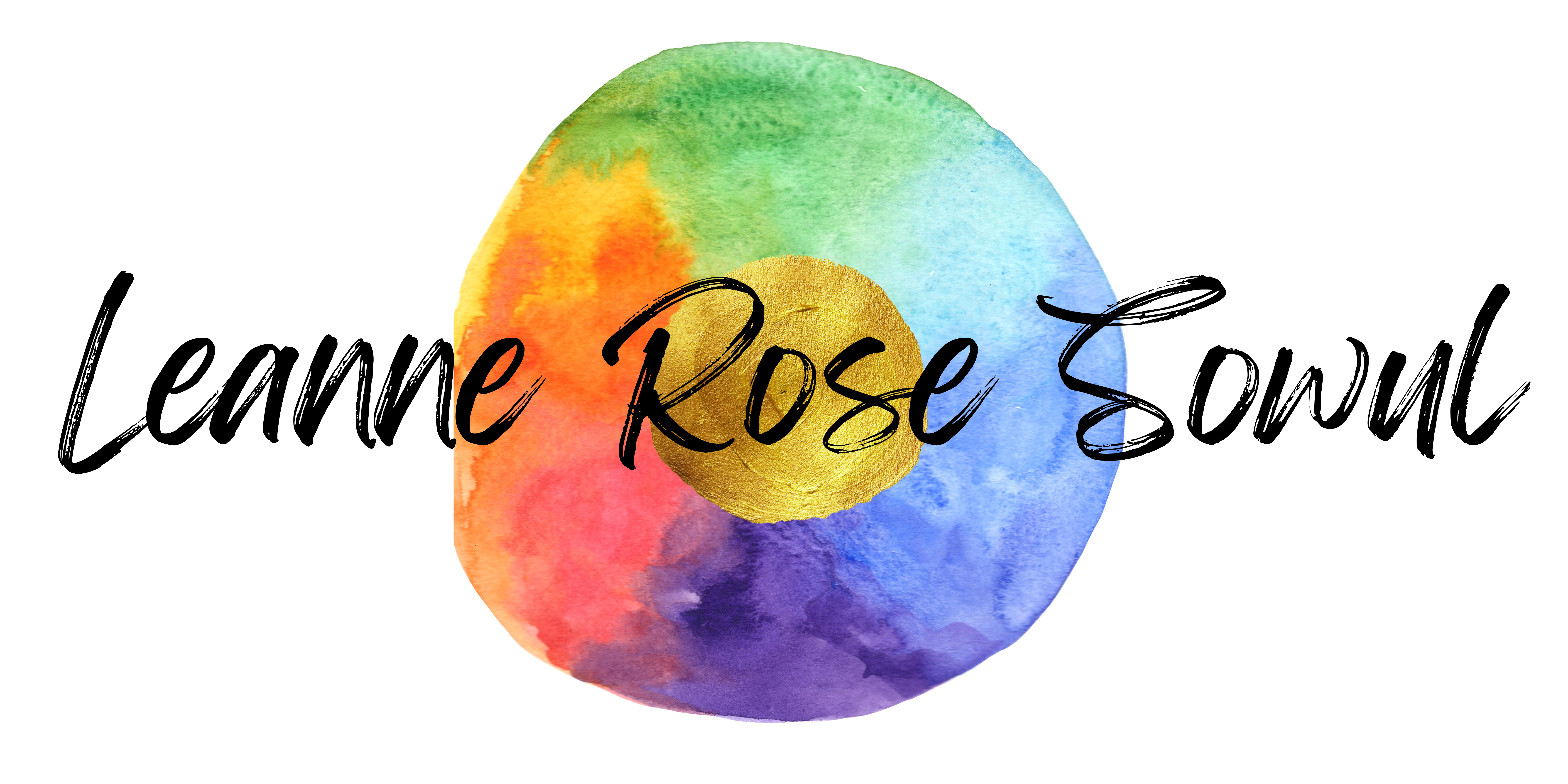I started reading Susan Cain’s Quiet several weeks ago, and the beginning blew my mind so much that I included it in my list of three life-changing books without even finishing it. Now that I’ve reached the end, I can say with absolute certainty that my initial assessment was correct: this book has changed my life. I know this, because in the intervening weeks, I have not stopped talking about it. It seems to connect to every subject I converse on, every topic I think about, every memory I have of the past.
Now, with all that build-up, what’s the book about?
Quiet is about being an introvert in an extroverted society. Cain describes introverts as people who can recognize themselves somewhere in these attributes: “reflective, cerebral, bookish, unassuming, sensitive, thoughtful, serious, contemplative, subtle, introspective, inner-directed, gentle, calm, modes, solitude-seeking, shy, risk-adverse, thin-skinned.” These characteristics are not often valued in American society, but Cain gives several examples of introverts who have achieved extraordinary things by staying true to themselves within the cultural norms. (Another definition of introverts/extroverts that I like is that introverts replenish their energy in solitude, while extroverts draw their energy from other people.)
Cain describes scenarios, from business to social events to school, where extroversion is a valued trait, and introverts can often be ignored or passed over. To take a single example, in our classrooms and boardrooms, group work has become the norm. There’s often no literal space for the introvert to do her best work- which often requires quiet and solitude- in open-plan offices and with desks arranged in groups. Group work is not a bad thing, of course, but it needs to be managed carefully in order to prevent extroverts’ powerful voices from drowning out thoughtful introverts’ ideas.
I’m a classic introvert, and while I’ve been able to pick up a few extroverted skills to get along at work and social events (something Cain says is common practice for introverts in America), I remember a time that my personality type didn’t suit my environment. Back in elementary and middle school, I was very quiet. When I was with friends and family, I could be fun and outgoing, but in large classroom, or with kids I didn’t know well, I got lost. I often felt tongue-tied during class discussions, and kept to myself during group work, even though I’d put thought into the topic. I remember feeling awkward and uncomfortable for much of the school day. Being an introvert in an extroverted environment didn’t prevent me from getting good grades, but it did keep me from participating fully in activities I could have been passionate about. In fifth grade, I was too intimidated to audition for the class play, even though I liked drama and later ended up performing in high school musicals. Likewise, in my after-school student enrichment program, I remember sitting alone while my group presented research I’d helped with, because the other kids in my group were popular girls who (not intentionally, I’m sure) made me feel insecure.
These days, I enjoy working in groups with colleagues I respect and know well, but the same tongue-tied, invisible feeling drops over me in large meetings. I don’t like going to public places where I might run into someone I know, because I get nervous making small talk. I dread going to parties with a lot of unfamiliar people, and I don’t enjoy going anywhere new without my husband. For as long as I can remember, I thought these things were something wrong with me. I’d get angry at myself for my own reluctance to join in, for my preference to work alone, for the knowledge that others sometimes thought me stand-offish and snobby. I didn’t understand how these characteristics fit with other aspects of my personality: my self-confidence, my ability to make and keep friends, my persistence, my desire to try new things.
After reading Quiet, I now accept that introversion is my identity, just as much as my race or gender. If I feel uncomfortable in certain situations, it’s not because there’s something wrong with me; it’s because the situations aren’t a good fit. Now that I understand this, I think it’ll be easier for me to handle those situations, because I’ll be able to recognize my feelings and make adjustments to the environment to make myself more comfortable. For example, instead of sitting at the back of a meeting, I could try to sit near the front; that will make it feel more intimate between me and the meeting leader. When I go to a party, I could try to get there early, so that I don’t have to walk into an already-crowded room.
Even if you’re not an introvert yourself (Cain claims that 1/3-1/2 of Americans are introverted) it’s likely you’re close to one. If you’re married to an introvert, parenting one, teaching or managing them, this book is a wonderful resource. It will help you understand the kind of environment the introverts in your life thrive in, and if you facilitate it for them, you can watch them grow and produce better and faster than ever before.
How about you? Are you an introvert or an extrovert? Have you ever thought about the way this aspect of your personality affects your work and home lives?


One thought on “Friday Book Review: Quiet (A life-changing book)”